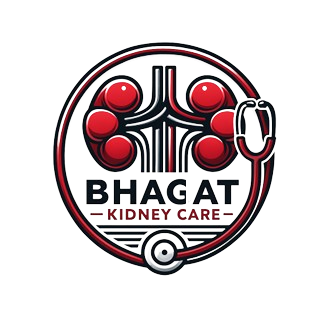Acute Kidney Injury (AKI) is a sudden loss of kidney function. It can happen quickly, sometimes within hours or days. Because the kidneys are vital for removing waste and balancing fluids, AKI is a serious health problem. Early symptoms of Acute Kidney Injury can be hard to spot. However, knowing these signs can help you get help sooner. In this guide, we will focus on the symptoms of Acute Kidney Injury and how to recognize them.
What is Acute Kidney Injury?
Acute Kidney Injury means your kidneys stop working as they should, and this happens fast. Usually, it is not a long-term problem, but it can be life-threatening if not treated. The kidneys filter waste from your blood and help control blood pressure. When they stop working, waste builds up in your body. This can make you feel very sick. Anyone can get AKI, but it is more common in older adults and people with other health issues.
Why Recognizing Symptoms Early Matters
Early detection of Acute Kidney Injury symptoms can save lives. If you notice signs of AKI, you can seek medical help quickly. This may prevent further damage to your kidneys. Also, early treatment can lower the risk of serious problems, such as infections or heart issues. Because AKI can develop fast, it is important to know what to look for. Even mild symptoms should not be ignored.
Common Symptoms of Acute Kidney Injury
Sometimes, symptoms of Acute Kidney Injury are not obvious. However, you may notice changes in your body. Look out for these common signs:
Not everyone will have all these symptoms. Sometimes, AKI is found during a blood test before you feel sick. Still, if you notice any of these signs, it is important to act quickly.
When to Seek Medical Help
If you notice any symptoms of Acute Kidney Injury, contact a healthcare provider right away. Especially if you have risk factors like diabetes, high blood pressure, or recent illness, do not wait. Early treatment can prevent lasting damage. If you stop urinating, have severe swelling, or feel confused, seek emergency care. These can be signs of serious kidney problems.
Frequently Asked Questions about AKI Symptoms
Conclusion and Next Steps
Acute Kidney Injury is a serious condition that needs quick action. Recognizing the symptoms early can help you get the care you need. Remember, even mild signs should not be ignored. If you or someone you know has symptoms of Acute Kidney Injury, do not wait. Consult a healthcare professional if you notice any symptoms of Acute Kidney Injury.

